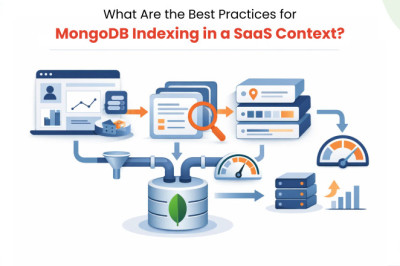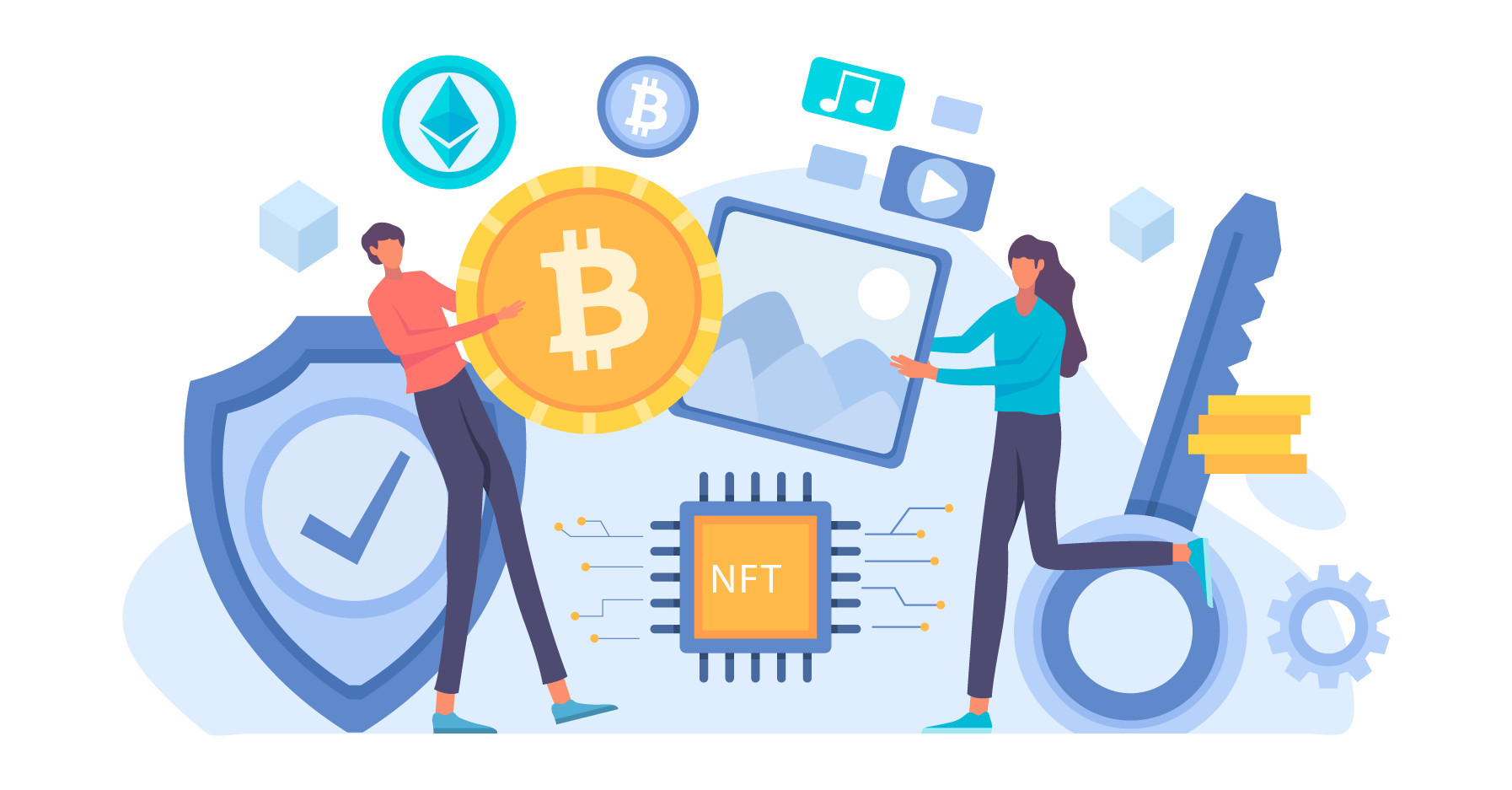views

The UK government has stepped in with a substantial £1.5 billion loan guarantee to support Jaguar Land Rover (JLR) following a significant cyberattack that disrupted the automotive giant's operations. This unprecedented financial backing highlights the growing threat cybersecurity incidents pose to major corporations and the broader economy.
The cyberattack, which targeted JLR's digital infrastructure, caused widespread disruption across the company's manufacturing and supply chain operations. While specific details about the nature of the attack remain limited, industry experts suggest it may have involved sophisticated phishing attack techniques that compromised critical systems.
This government intervention underscores the serious economic implications of modern cyber threats and the need for robust cybersecurity measures across all sectors, particularly in critical industries like automotive manufacturing.
The Scale of the Cyberattack
The cyberattack on Jaguar Land Rover represents one of the most significant cyber incidents to hit a major UK manufacturer in recent years. The attack disrupted multiple aspects of the company's operations, from production lines to customer service systems.
Initial reports suggest the cyberattack may have originated through a phishing attack, where cybercriminals likely used deceptive emails or messages to gain access to JLR's network. Once inside, the attackers were able to spread throughout the company's digital infrastructure, causing widespread system failures and operational disruptions.
The automotive industry has become an increasingly attractive target for cybercriminals due to its reliance on interconnected systems and valuable intellectual property. JLR's situation demonstrates how even well-established companies with significant resources can fall victim to sophisticated cyber threats.
Government Response and Financial Support
The UK government's decision to provide a £1.5 billion loan guarantee represents a significant show of support for one of the country's most iconic automotive brands. This financial backing is designed to help JLR recover from the immediate impacts of the cyberattack while maintaining its workforce and continuing operations.
The loan guarantee structure allows JLR to access necessary funding at favorable terms, reducing the financial strain caused by the cyber incident. This approach reflects the government's recognition that cyberattacks can have far-reaching economic consequences beyond the immediate target company.
Treasury officials emphasized that this support is crucial for maintaining jobs and preserving a key manufacturing capability in the UK. The automotive sector employs hundreds of thousands of people across the country, making JLR's stability important for the broader economy.
Industry-Wide Implications
The JLR incident has sent shockwaves through the automotive industry, prompting other manufacturers to reassess their cybersecurity posture. The attack demonstrates that even companies with substantial resources and established security protocols can be vulnerable to determined cybercriminals.
Automotive companies are particularly attractive targets because they often possess valuable trade secrets, customer data, and intellectual property. The interconnected nature of modern manufacturing systems means that a successful cyberattack can quickly spread throughout an organization's entire digital infrastructure.
This incident has also highlighted the potential for cyberattacks to cause significant supply chain disruptions. JLR's temporary production halts affected not only the company itself but also its network of suppliers and dealers across multiple countries.
Strengthening Cybersecurity Defenses
The JLR incident serves as a wake-up call for organizations across all sectors to prioritize cybersecurity investments. Effective cyber defense requires a multi-layered approach that combines technical solutions with employee education and robust incident response procedures.
Regular security awareness training can help employees identify and report suspicious emails or messages before they cause damage. Organizations should also implement advanced email filtering systems, multi-factor authentication, and network segmentation to limit the potential impact of successful attacks.
Backup and recovery systems are equally important, as they enable organizations to restore operations more quickly after an incident. Regular testing of these systems ensures they will function effectively when needed most.
Economic Impact and Recovery
The financial implications of the cyberattack extend well beyond JLR's immediate operational costs. The company faces potential revenue losses from production delays, additional cybersecurity investments, and possible legal liabilities related to the incident.
The government's loan guarantee helps address these immediate financial pressures while allowing JLR to focus on recovery efforts. However, the long-term impact will depend on how quickly the company can restore full operations and rebuild customer confidence.
Industry analysts suggest that cyber incidents can have lasting effects on company valuations and market position. Organizations that respond effectively and demonstrate improved security measures often recover more quickly than those that struggle with transparency and remediation efforts.
Looking Forward: Building Resilience
The JLR cyberattack represents a turning point in how the UK approaches cybersecurity for critical industries. The government's substantial financial support signals recognition that cyber threats pose systemic risks that require coordinated responses.
Moving forward, organizations should view cybersecurity not as a cost center but as a critical business enabler. Investing in robust cyber defenses, employee training, and incident response capabilities can help prevent attacks and minimize their impact when they do occur.
The automotive industry, in particular, must balance the benefits of digital transformation with the security risks it creates. As vehicles become more connected and manufacturing processes become more automated, the potential attack surface continues to expand.
The Rising Threat of Phishing Attacks
Phishing attack news has dominated cybersecurity headlines as these tactics become increasingly sophisticated. Modern phishing campaigns often use highly convincing fake emails, websites, and messages that can deceive even security-conscious employees.
The success of phishing attack news often depends on human error rather than technical vulnerabilities. Cybercriminals craft messages that appear to come from trusted sources, such as colleagues, customers, or service providers, making them difficult to identify as fraudulent.
Once an employee clicks on a malicious link or provides login credentials to a fake website, attackers can gain a foothold in the organization's network. From there, they can escalate their access and move laterally through systems to cause maximum damage.
Protecting Against Future Threats
The JLR incident demonstrates that no organization is immune to cyber threats, regardless of size or industry position. However, it also shows how government support can help critical companies recover from major incidents and continue contributing to the economy.
The £1.5 billion loan guarantee represents more than financial assistance—it's an investment in the UK's automotive future and a recognition that cybersecurity is a national security issue. As cyber threats continue to evolve, this collaborative approach between government and industry will be essential for maintaining economic resilience.
Organizations must learn from incidents like the JLR cyberattack to strengthen their own defenses and contribute to a more secure digital ecosystem. The cost of prevention is always lower than the cost of recovery, making cybersecurity investments a business imperative rather than an optional expense.











